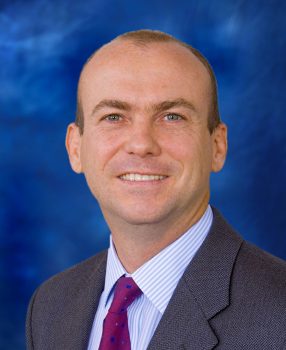Biography
Dr Edwards has broad experience at a policy level promoting evidence-based policies to reduce air pollution exposures working with government ministries, public health institutes and other stakeholders as technical consultant to UNICEF, the World Health Organization, the Swiss Agency for Development (SDC) and the Asian Development Bank (ADB). Dr Edwards was a member of the WHO Indoor Air Quality Guidelines Development Group (GDG) and with Dr Karin Troncoso also developed the WHO Household Energy Assessment Rapid Tool (HEART) to conduct rapid situational assessments and stakeholder mapping of a country’s readiness to address access to clean energy, a module of the WHO Clean Household Energy Solutions Toolkit (CHEST) (https://www.who.int/airpollution/household/chest/en/). WHO HEART was initially applied in in Ghana, India, Kenya and Ethiopia, and to date it has been applied in more than 15 countries across UN regions more broadly. Dr Edwards also worked with the WHO Urban Health Initiative to assist policymakers academics and NGOs in identifying evidence-based strategies to reduce city level burdens of air pollution in Accra, Ghana, and Katmandu Nepal by modelling of economic and health impacts using scenario development combined with global burden of disease approaches.
Research Interests
Some of Dr. Edwards's research interests are human exposures to air pollution, indoor air pollution, paint emissions, and emissions of climate-altering pollutant species.
Current Projects/Studies
Rufus Edwards studies the effects of emissions on populations in the industrialized world exposed to combustion byproducts from transportation, wildfires, tobacco smoke, and vaping emissions as well as on populations in less industrialized nations exposed to emissions from household solid fuel used for cooking and space heating. One of his main areas of research is use of solid fuels for primary energy provision for cooking space heating and small-scale industries in rural areas, where he is a highly-cited and acknowledged expert. He has studied this issue in many areas of the world, including biomass stoves (Mexico, Guatemala, El Salvador, India, Nepal, Kenya, Benin, and Tibetan plateau), dung stoves (India, Nepal, and Tibetan plateau) and coal stoves (China, Kyrgyzstan and Mongolia) amongst others.
Education
Dr. Edwards holds a Ph.D. in exposure measurement and assessment from Rutgers and UMDNJ.




